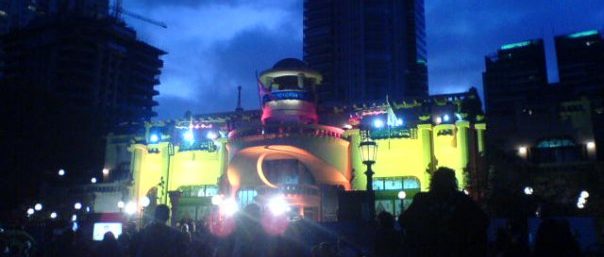Summer School 2019 “1989 – A Caesura in Global History and its Consequences”
XVII International Summer School of the Graduate School Global and Area Studies of the
Research Academy Leipzig,
Leipzig, 12 to 15 June 2019
The Latin American region offers evidence for considering “1989” a caesura in global history,
and not just a Central European historical particularity. Latin America was one of the main test
grounds for the neo-liberal structural adjustment programs prescribed by the “Washington
Consensus.” The region was also one of the main cases for what Samuel Huntington called “the
third wave of democratization,” a concept that many associate with the year 1989. Moreover,
country specific events in or around the year 1989 would suggest transnational interdependencies of social, economic and political factors. A few empirical examples are: the
neoliberalization of previously staunchly revisionist states like Mexico, the end of long-standing
military governments and democratization of Argentina, Brazil, Chile, and Haiti, as well as the
violent reactions to IMF-sponsored structural adjustment measures in Venezuela. This panel
aims to critically analyze the relationship between the social, political, and economic processes
leading to or following “1989.” Scholars have in the past argued in favor and against the connection between social processes in Latin America and a “global 1989.” By bringing in inter- and multidisciplinary perspectives, the panel hopes to achieve a critical discussion that helps us
to further understand whether contemporary changes in the region – like the left-right regional
political shifts or continuing economic woes in countries like Argentina and Venezuela – are
related to the global historical caesura of 1989. Detracting arguments are particularly welcome,
as they would enrich the panel’s theoretical discussion.
Please submit abstracts for individual presentations (max. 250 words), before April 29, 2019.
Contact: cel-le@uni-leipzig.de
